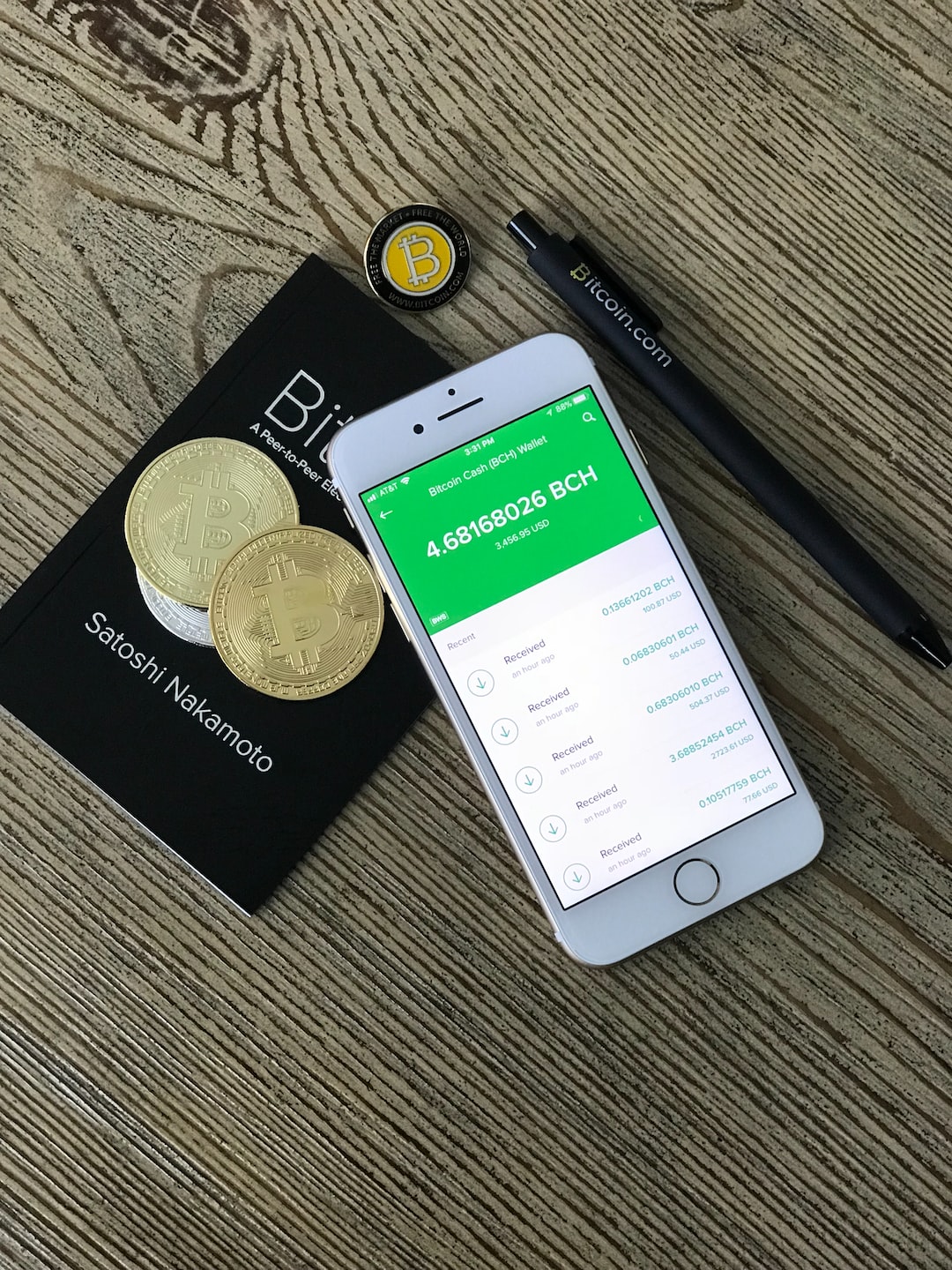CFD (Contract for Difference) is a popular trading instrument in the forex market. It is a financial contract between two parties, typically a broker and a trader, which allows them to speculate on the price movement of an underlying asset without owning the asset itself. In this article, we will discuss what CFD is in the forex market and how it works.
What is CFD?
A CFD is a derivative instrument that tracks the price movement of an underlying asset, such as a currency pair, stock, commodity or index. It allows traders to speculate on the direction of the price movement of the asset without actually owning it. Instead, traders enter into an agreement with a broker to exchange the difference in price of the underlying asset between the opening and closing of the trade.
In other words, if a trader buys a CFD on a currency pair, they are not buying the actual currency but rather a contract that reflects the price movement of the currency pair. The trader can profit from the price movement of the currency pair by either going long (buying) or short (selling) the CFD.
How does CFD work in the forex market?
In the forex market, CFDs are typically offered by forex brokers as a way for traders to speculate on the price movement of currency pairs. When a trader opens a CFD trade, they are essentially entering into a contract with the broker to exchange the difference in price of the currency pair between the opening and closing of the trade.
For example, if a trader buys a CFD on the EUR/USD currency pair at a price of 1.1000 and sells it at a price of 1.1100, they will earn a profit of 100 pips (1.1100-1.1000). The trader will only make a profit if the price of the currency pair increases, and they will incur a loss if the price decreases.
CFDs in the forex market allow traders to speculate on the price movement of currency pairs without having to own the underlying asset. This means that traders can take advantage of both upward and downward price movements of the currency pair.
Advantages of trading CFDs in the forex market
There are several advantages of trading CFDs in the forex market:
1. Leverage: CFDs offer traders the ability to trade with leverage, which means that they can control a larger position with a smaller amount of capital. This can increase the potential profits of a trade, but also increases the potential losses.
2. Flexibility: CFDs offer traders the flexibility to trade in both long and short positions, meaning that they can profit from both upward and downward price movements of the underlying asset.
3. No ownership of the underlying asset: CFDs allow traders to speculate on the price movement of an underlying asset without actually owning the asset. This means that traders do not have to worry about the costs and logistics of physically owning the asset.
4. Low transaction costs: CFDs typically have lower transaction costs compared to trading the underlying asset directly.
Risks of trading CFDs in the forex market
Although there are several advantages to trading CFDs in the forex market, there are also risks involved. Some of the risks include:
1. High leverage: Trading with leverage can increase the potential profits of a trade, but also increases the potential losses.
2. Market volatility: The forex market is highly volatile and can experience sudden price movements, which can result in significant losses.
3. Counterparty risk: CFDs are financial contracts between the trader and the broker. If the broker goes bankrupt or is unable to fulfill its obligations, the trader may incur losses.
4. Overnight fees: CFDs typically have overnight fees, which can eat into a trader’s profits.
Conclusion
CFDs are a popular trading instrument in the forex market, offering traders the ability to speculate on the price movement of an underlying asset without owning the asset itself. CFDs offer several advantages, including leverage, flexibility, and low transaction costs. However, there are also risks involved, such as high leverage, market volatility, counterparty risk, and overnight fees. As with any form of trading, it is important for traders to understand the risks and to have a solid trading plan in place.





